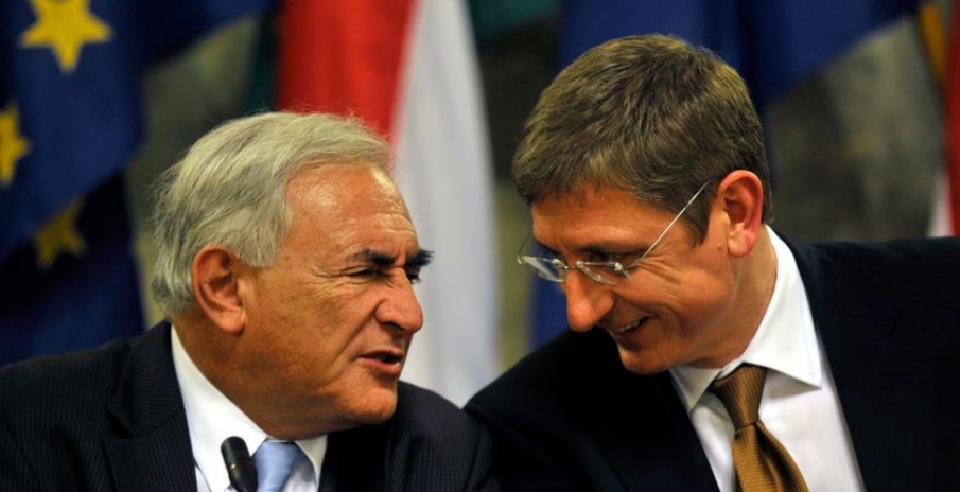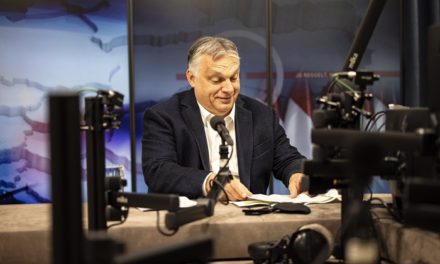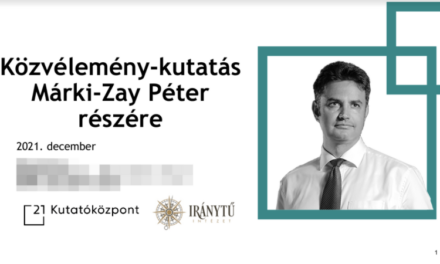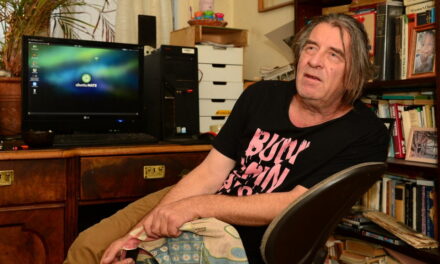The left-wing alliance is already promising stars from the sky for the period after the next elections. However, the past shows the reality, when during the period of Ferenc Gyurcsány's government, the country was put on the bench of the European Union. This was also clear at the international level.
There are many things worth considering before next year's elections. Under the Gyurcsány government, our country lost ground in the race to catch up, and the countries of the region pulled away from us. Hungary rented out the union's bench of shame. On the other hand, after 2010, economic growth catapulted the country to the forefront of the Union, we got out of the excessive deficit procedure, the unemployment rate is one of the lowest in our country, purchasing power has grown one of the largest here, and Hungarian families are already on the podium even in a European comparison. by renovating their home. We wrote about the latter: the number of home renovations is an excellent indicator of the well-being of the population. A family plans to renovate their property if they have the financial resources to do so and also have confidence in the future.
The success of the Hungarian economy is recognized by the European Commission and credit rating agencies as well as the International Monetary Fund. They can't help but improve their growth forecasts. In light of this, it is worth looking at the international judgment of the Gyurcsány government. The Financial Times Deutschland (FTD) wrote this on October 30, 2008: Prime Minister Ferenc Gyurcsány has lost the support of the population. The gigantic crisis loan of more than twenty billion euros may help his country in a difficult situation, but not his career.
After that, FTD, dealing with the commemorations of October 23 at the time, stated: the Hungarian Prime Minister was prepared for everything. Hundreds of police were on standby to prevent street clashes. However, only whistles and hisses were heard when the Prime Minister appeared before the people and spoke to them on the anniversary of the uprising against the communists.
"In the meantime, the country's former bearer of hope has become one of the least liked politicians in Europe," the German daily wrote, according to the telegraph office's coverage at the time. The author of the article was of the opinion: Gyurcsány can breathe easy now. With an aid package of twenty billion euros, the international community is protecting Hungary from the impending collapse. This is not Gyurcsány's merit, but it reassures the tormented population.
Since the financial crisis hit Hungary, not a single day has passed without emergency signals. Loans are scarce, and what is available is expensive, investors are dwindling, and the fate of fifty thousand jobs is uncertain.
The FTD then explained the austerity measures announced by the Prime Minister, which were the conditions for the crisis loan. "In Europe, only Iceland was hit harder than Hungary by the crisis," the paper concluded. As the president of the Democratic Coalition, Ferenc Gyurcsány achieved today that after the 2022 parliamentary elections, he can become the largest faction on the left. He has already indicated that regardless of the primary election result, they will choose the prime minister in the event of a successful performance.
However, in the light of Gyurcsány's recent statements, the sentences published in the columns of FTD are particularly interesting: The 47-year-old president of the ruling socialist party likes to portray himself as a model Eastern European politician.
He feels comfortable on the side of George Bush or Vladimir Putin. Nevertheless , since 2006, he has been considered ripe for resignation.
Already then, Fidesz emphasized that Prime Minister Ferenc Gyurcsány had embarrassed the country with a loan requested from the International Monetary Fund, and with the austerity he had launched a brutal attack on pensioners and public sector workers. It is a sad fact that Hungary was the only EU member state that was forced to borrow from the IMF.
The numbers clearly confirm the difference between the economic results of the Orbán government and the world before 2010.
Source: Magyar Nemzet
Pictured: Dominique Strauss-Kahn, former director of the International Monetary Fund, and Ferenc Gyurcsány in 2009, photo: László Beliczay













